Aside from the scarcity of petrol already building up in parts of Nigeria, residents may have to grapple with higher prices as there are indications that the official pump price may increase to N1,000 per litre.
Primebusiness.africa gathered from dependable sources that the presidency is lobbying members of the National Economic Council (NEC), especially governors, to support the plan to increase pump price of petrol to ₦1,000.
Join our WhatsApp ChannelAccording to our sources privy to the discussion between the presidency and members of NEC, there was a memo raised to that effect, requesting the governors to back the proposal.
The government, Primebusiness.africa gathered, appears to be reeling under the weight of subsidy financial burden hence the desperate moves to offload it on the masses by increasing the pump price of petrol to ₦1,000.
President Tinubu had on 29 May 2023 during his inaugural address announced the removal of petrol subsidy, which made the price of the commodity jump from ₦189 to about N500 per litre and subsequently increased above ₦600.
Does Fuel Subsidy still exist?
The subsidy removal raised concerns that petrol price would now be subject to the dynamics of crude oil prices in the international market and foreign exchange rates.
However, the Nigeria National Petroleum Company Limited (NNPCL), the sole importer of petrol appeared to have pegged the price at N617 for some months now, fuelling suspicion that the federal government may have brought back subsidy through the back door, as analysts averred that based on fluctuation of crude oil prices and exchange rate, the price of petrol in Nigeria was expected to have increased beyond what it is.
While the federal government has repeatedly denied the payment of any subsidy on petrol, the response of the finance minister, Wale Edun, during an interview with newsmen, that fuel subsidy removal is an ongoing process suggested that a complete removal has not been done.
“It is an ongoing conversation, it is an ongoing process of ensuring that fuel subsidy is eliminated from the Nigerian economy, that is what Mr. President intent is and that is what is being worked towards,” Edun said in an interview in May.
Also, according to reports, a report submitted by the finance minister to President Tinubu revealed that expenditure on petrol subsidy is projected to reach about N5.4 trillion in 2024 as against the N3.6 trillion budgeted for it in 2023.
Petrol Scarcity vs Price Hike move
One source told Prime Business Africa that the move by the federal government to hike the official pump price of petrol to ₦1,000 could be linked to the fuel scarcity that is gradually surfacing in Lagos, Abuja and other parts of the country.
While many independent marketers have run out of stock and shutdown, major marketers such as MRS, Conoil, Total, etc, and NNPC retail outlets that have the product and sell at normal have long queues.
Prime Business Africa correspondent observed long queues of vehicles waiting for petrol supply at MRS Filling station in Funsho Williams Avenue, and Conoil at Mushin, Lagos on Monday.
This comes as private depot owners are said to have increased the ex-depot price of petrol from N630 to ₦720 per litre.
Prime Business Africa learnt that before now, private depot owners used to sell petrol to independent marketers at the rate of N630-650/litre, while the NNPC sells to major marketers at a price around N600 or below.
It was gathered that the major marketers in turn, sold petrol below ₦650 while the independent marketers sold between ₦750/litre and ₦800 /litre.
A report by Reuters on 4 July 2024 indicated that Nigeria’s debt to petrol traders has surpassed $6 billion. It quoted industry sources that said NNPC struggles to cover the gap between fixed pump prices and international fuel costs. It said NNPCL began struggling early this year when late payments for petrol imports surpassed $3 billion.
The report further claimed that the national oil firm has still not paid for some January imports, as under the contract terms, NNPCL is meant to pay within 90 days of delivery. The development, it said, made some suppliers stop participating in recent tenders after hitting self-imposed debt exposure limits to Nigeria.
As a result of that, the oil firm’s tender to import petrol in June and July dropped, with it now ordering for only 850,000 tonnes this month against about 1 million tonnes in previous months.
However, the NNPC spokesperson, Femi Soneye, countered the report, describing it as “false.”
READ ALSO: NNPC Faces Fuel Scarcity As Payment Backlog Of $6bn Mounts
Major Energies Marketers Association of Nigeria (MEMAN) on Sunday said the current long queues witnessed in Lagos and some other parts of the country was due to disruption of supply to petrol outlets arising from inability to load due to Safety threat posed by thunderstorm and lightning in recent days.
Marketers Not Aware of Plans to Increase pump price – IPMAN
When contacted by Prime Business Africa correspondent, the National President of the Independent Petroleum Marketers Association of Nigeria (IPMAN), Abubakar Maigandi, said marketers are not aware of plans by the government to increase pump price of petrol.
Maigandi, who spoke via telephone, said: “We have not received any letter of increment from the NNPCL, so there is no increment as of today.”
“The issue of increasing to N1,000 is not true,” he added.
Speaking on supply of petrol at the depot, the IPMAN national president said marketers have no issues with that for now. “The supply is okay, the marketers are loading. As usual, they have been loading at private depots and NNPC depots,” he said.
However, our findings showed that most private depot owners are currently not getting adequate supply from NPPCL which has made them focus on supplying to only their station. The few that sell to independent marketers, do so at higher prices.
Reacting to the Devey, Human Rights Writers Association of Nigeria (HURIWA), condemned what it described as “incompetence” on the part of NNPCL “which keeps creating unprecedented nightmares and miseries for motorists and Nigerians in the form of artificial scarcity of petrol.”
The civil Rights Advocacy group alleged that there is a grand conspiracy between NNPCL and petrol markets to maintain artificial scarcity of Petroleum products in Nigeria in order to “smuggle the products meant for the local market to the neighbouring countries that have no crude oil deposits and whereby fuel is sold at cut throat price particularly since the Central Bank of Nigeria has continued to devalue the Naira as against other foreign denominations.”
HURIWA in a statement issued by its National Coordinator, Emmanuel Onwubiko, called on the federal government to stop
oil marketers from continuing to subject Nigerians to harrowing experiences of “artificial fuel scarcity.”
Nigeria being the third largest producer of oil in Africa and 11th in the world, has for decades relied on importation of petroleum products to meet local consumption demands as none of the state-owned refineries is working.
The newly opened 650,000 barrel-per-day Dangote refinery has raised hope of resolving supply challenges and crashing the price. However, it has not been able to start producing petrol in commercial quantities for distribution across the country, even though it reportedly produces diesel and aviation fuel exported abroad.

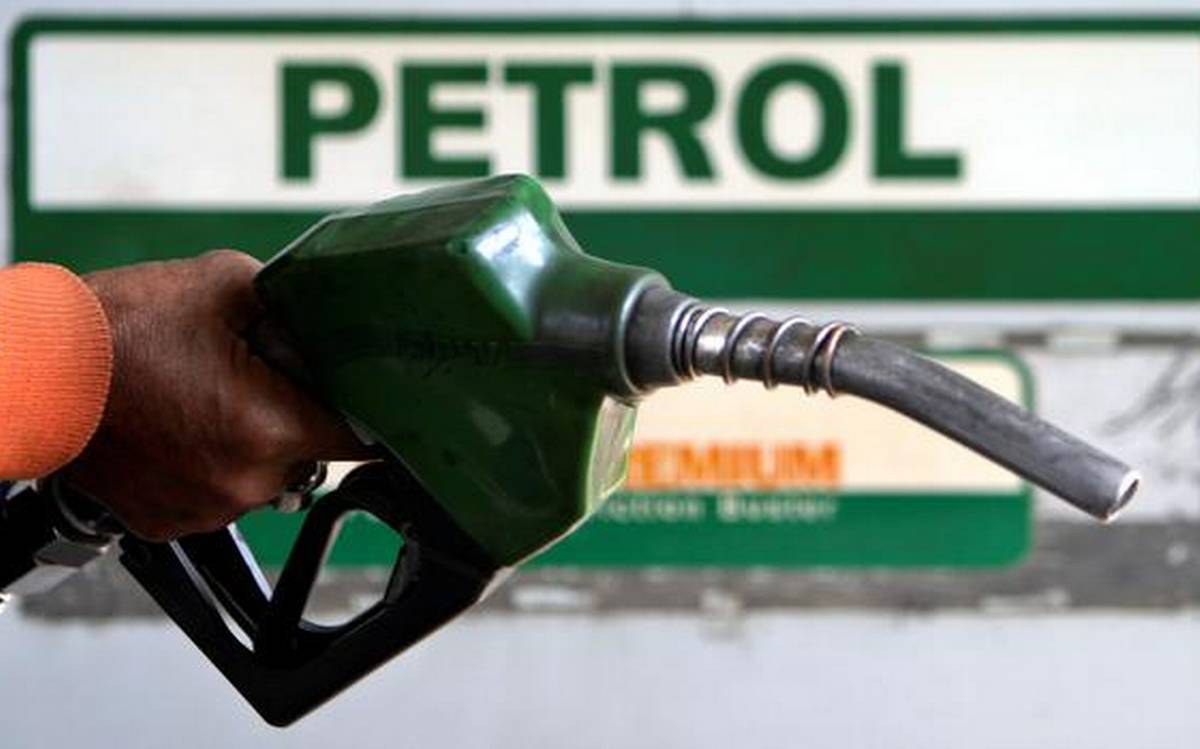


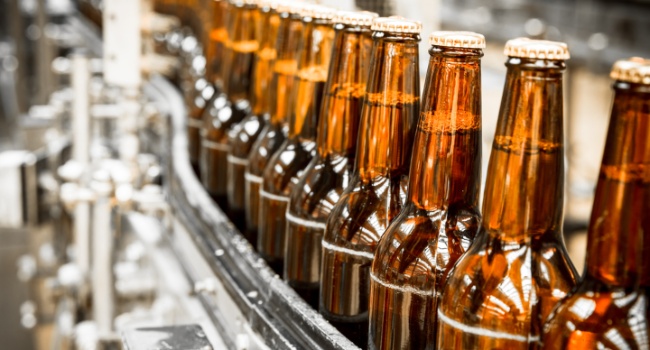

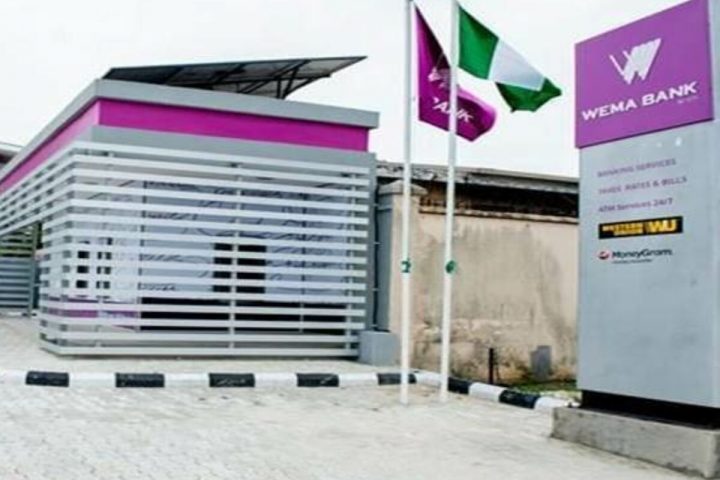










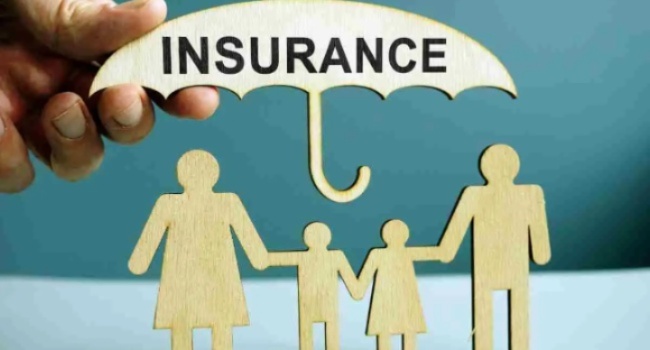
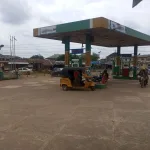
Follow Us